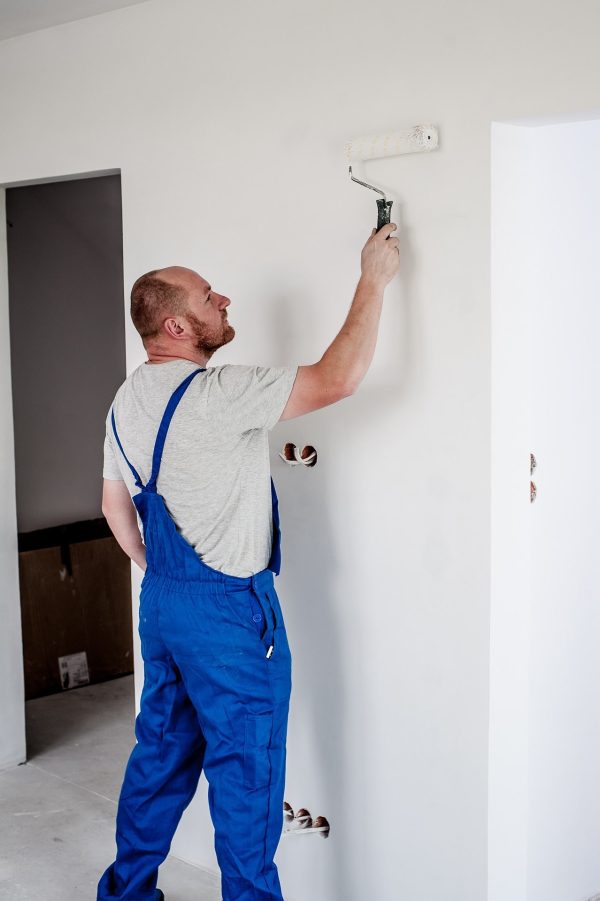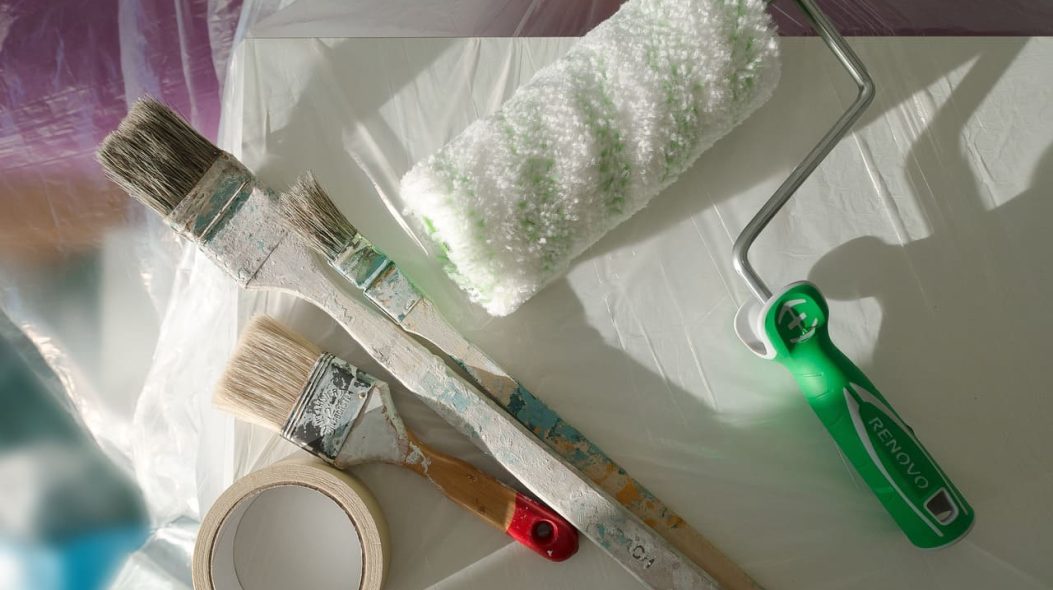The act of painting is relatively an activity anybody can engage in and it’s usually fun despite the beautiful ‘dirty’ affect(after-effect) looks it leaves on the person who engages in it.
It’s an activity that can easily start out as fun before it quickly becomes a chore and a strenuous physical activity, which usually demand using many locomotive parts of the body while also demanding the focus and attention of the person engaged in the act of ‘painting’.
While painting starts off as an enjoyable pastime, it can soon become a chore, the physical demands and the mental concentration needed distinguish those who engage in painting for leisure from those who pursue it professionally. The way one manages the stress and fatigue of painting often differentiates the casual painter from the professional.
Painters Importance (Now & Beyond)?
There’s an ongoing discussion about how robots and AI might influence the painting industry. It’s argued that automation could reduce the demand for human painters, but I believe this transformation will instead enhance efficiency and alter the nature of jobs within the industry, Rather than being replaced, human painters might transition into roles where they oversee or work alongside AI systems. Full autonomy in painting tasks might still be years away, suggesting a future where painters need to upskill to manage, program, or supervise these machines.

This shift could lead to rapid advancements in urban development and construction projects, creating new job opportunities where individuals use their expertise to guide technology, ultimately covering more ground in less time.


